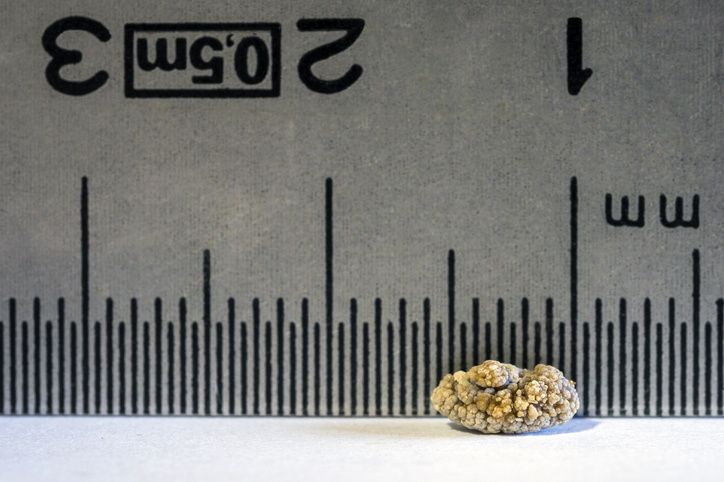Researchers have made a groundbreaking discovery regarding the consumption of added sugars in the United States and its relationship to kidney stone development. The study, published in the prestigious journal Frontiers, reveals that individuals with high levels of added sugar intake have nearly a 40% higher chance of developing kidney stones. This correlation is particularly prevalent among Asian and Native American populations. However, it is important to note that the study does not provide a clear explanation for how added sugars contribute to this increased risk.
Lead author Dr. Shan Yin, from the Affiliated Hospital of North Sichuan Medical College in Nanchong, China, emphasizes the significance of their findings, stating, “This is the first study to establish a connection between added sugar consumption and kidney stones. These results suggest that limiting the intake of added sugars can potentially prevent kidney stone formation.”
According to The British Association of Urological Surgeons, approximately one in eleven people will experience symptoms of kidney stones during their lifetime. Identified risk factors for this condition include obesity, inflammatory bowel disease, diabetes, and being an adult male.
For this study, Dr. Yin and his colleagues analyzed data from over 28,000 individuals who participated in the US National Health and Nutrition Examination Survey (NHANES). By assessing self-reported food and drink consumption, the researchers estimated each person’s daily intake of added sugars. Additionally, they evaluated the participants’ healthy eating index score (HEI-2015), considering factors such as the consumption of beneficial foods like fruits, vegetables, and whole grains, as well as less healthy choices such as refined grains and saturated fat.
Furthermore, the researchers accounted for various factors including gender, age, race or ethnicity, income, body mass index, smoking status, and history of diabetes. Their analysis revealed that individuals who obtained more than 25% of their total energy from added sugars had an 88% higher chance of developing kidney stones than those whose added sugar intake constituted less than 5% of their total energy. Additionally, the results demonstrated that individuals below the poverty level faced greater odds of kidney stone development when exposed to higher levels of added sugars compared to those at or slightly above the poverty level.
Dr. Yin emphasizes the need for further research to explore the association between added sugar consumption and different diseases or pathological conditions. For instance, it is essential to investigate which types of kidney stones are most commonly associated with added sugar intake and determine the ideal reduction in added sugar consumption to minimize the risk of kidney stone formation. Nevertheless, the current findings provide valuable insights for decision-makers.
Denial of responsibility! VigourTimes is an automatic aggregator of Global media. In each content, the hyperlink to the primary source is specified. All trademarks belong to their rightful owners, and all materials to their authors. For any complaint, please reach us at – [email protected]. We will take necessary action within 24 hours.


